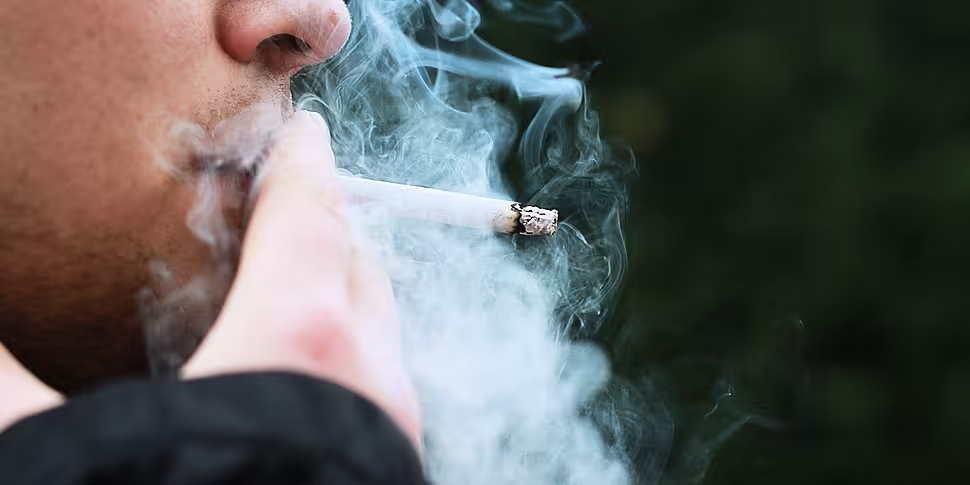Many parents with teenagers may find themselves worrying about a son or daughter's new group of friends... but what's the right thing to do in such situations?
Joanna Fortune, psychotherapist specialising in Child & Adult Psychotherapy, joined Moncrieff to offer advice to parents' questions and concerns.
The question
My 15-year-old son is a good kid and has always been quite shy and obedient. But he has been acting up quite a bit and he has something of a defiant attitude towards me (his mother) in particular. I remember being a teenager myself and although he is my eldest I know that this comes with the territory to a degree. The problem is that he’s recently started hanging out with a new group of boys and I think they have had an adverse impact on him.
I’m not a particularly strict parent and understand that kids of this age are likely to push boundaries but I have caught one of the group smoking down the village. My son says he doesn’t like this particular boy and he’s more of a friend of a friend but I worry that this is the type of thing he is being exposed to when hanging out with these boys. If I’m honest I don’t want him hanging around with them but I’m aware it’s quite a sensitive and potentially explosive situation if I forbid it or confront their parents. What should I do?
Joanna's advice
“Don’t forbid [it]… don’t confront the parents… don’t demonise the friends.
“Of course it’s coming from a really protective place, but we have to focus on your son’s emotional resilience and the moral compass he has developed under your influence - and you’ve been influencing him from infancy.
“You know your son… but also you’re letting him know some of his friends are doing things you wouldn’t be comfortable with him doing.
“Negotiating peer influence is about developing that balance between knowing how to be yourself, while knowing how to fit and be accepted by your peer group - without compromising your own moral standards. That’s not easy.
“Negative peer influence… it can be misconstrued: an image comes to mind of someone forcing your teenager to do something they actively don’t want to do. That can happen - I’m not saying it can’t. But more often than not the teenager will choose to something that goes against what they truly believe and want, so they can be accepted and part of the group.
“Because it's a reluctant choice, they then may afterwards experience really big levels of guilt and even shame afterwards: they’re trying to reconcile who they are with what they’ve just done or said.
“As parents… we have to be aware of how much of our irritation about the influence of friends seems to be having on our teenagers is really about our desire for our teenagers to assert themselves and make choices that would express who we know them to be, rather than mirroring a friend’s actions or behaviours.
“Teenagers may well copy some of the things their friends wear or do… but don’t underestimate the influence you’ve had, and how that’s going to play out.
“I think the key here is to be calm, tolerant, available and open… it’s harder to get heard in those sound-proof walls of adolescence, but you are still there.
“Be interested in his friends: don’t demonise them. I’d even encourage you to invite some of them over to your garden or house… let them order pizza… spend time together under your roof, so you see them.
"Sometimes kids are seen as a bad crowd because of reputation, but actually when you spend getting to know them they’re not bad kids. Sometimes they’re kids who had a bad time, or had a lot of challenges.”









